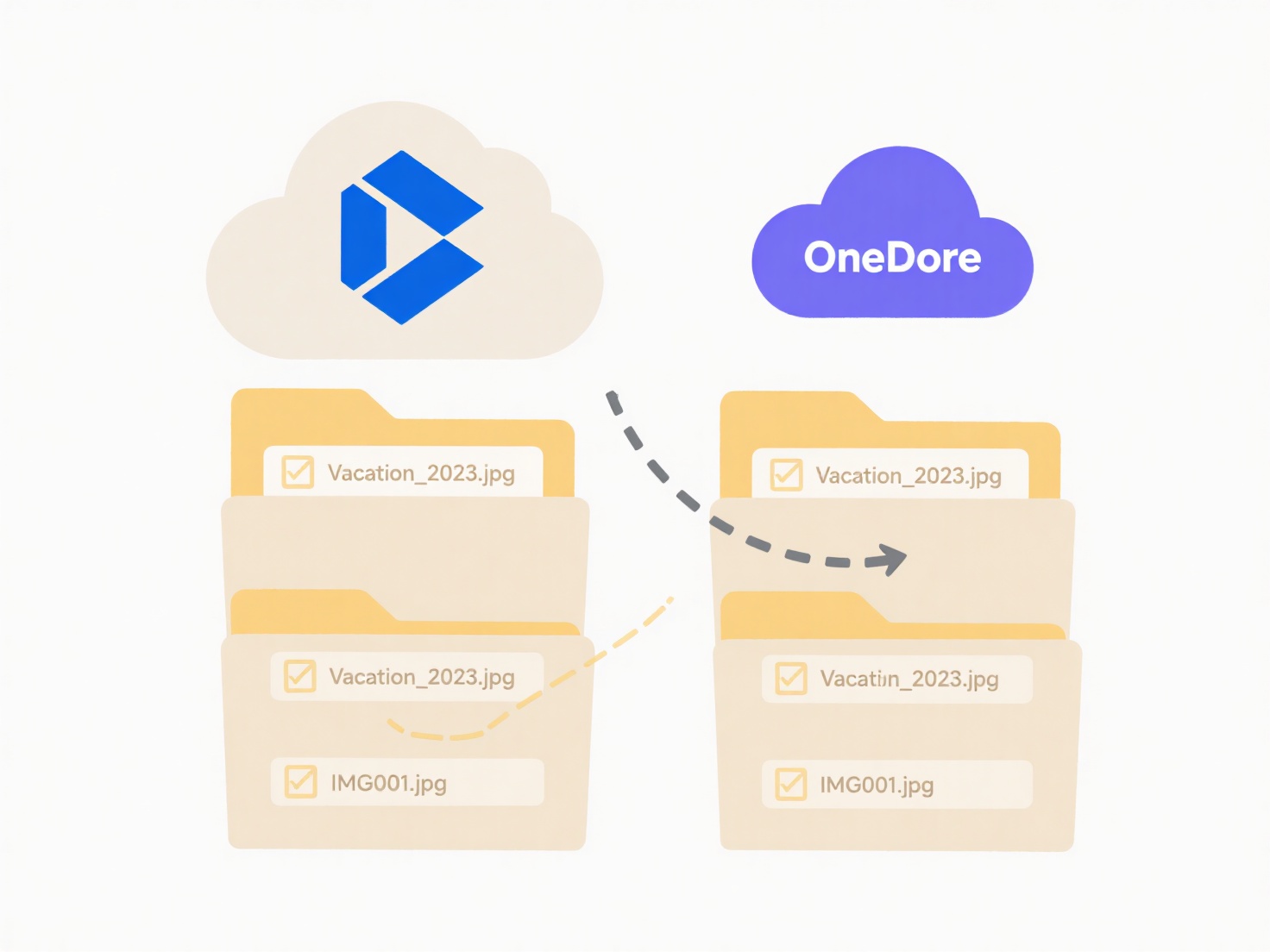
An archive opening partially occurs when some files extract successfully while others remain inaccessible. This differs from a complete failure where nothing opens. Common causes include file corruption within the archive, unsupported file formats contained inside, or damaged archive headers preventing full identification of contents. Essentially, the extraction tool manages to read and retrieve the healthy portions but encounters unrecoverable errors elsewhere.

Practical examples include trying to open a compressed collection of documents or photos and finding several images missing due to corruption introduced during download or transfer. Similarly, opening a ZIP file made with modern software in a much older, incompatible program might extract only files using widely supported compression methods, skipping newer ones the old tool doesn't recognize. Such issues frequently occur when sharing archives across different operating systems or using outdated utilities.
While partial opening is preferable to total failure as it salvages some data, it poses a significant limitation when critical information is lost within the inaccessible files. Recovery attempts can be time-consuming and uncertain. This highlights the importance of using reliable transfer methods, keeping extraction software updated, and maintaining backups to mitigate data loss risks. Archive format standardization efforts aim to reduce these issues over time.
Why does the archive only open partially?
An archive opening partially occurs when some files extract successfully while others remain inaccessible. This differs from a complete failure where nothing opens. Common causes include file corruption within the archive, unsupported file formats contained inside, or damaged archive headers preventing full identification of contents. Essentially, the extraction tool manages to read and retrieve the healthy portions but encounters unrecoverable errors elsewhere.

Practical examples include trying to open a compressed collection of documents or photos and finding several images missing due to corruption introduced during download or transfer. Similarly, opening a ZIP file made with modern software in a much older, incompatible program might extract only files using widely supported compression methods, skipping newer ones the old tool doesn't recognize. Such issues frequently occur when sharing archives across different operating systems or using outdated utilities.
While partial opening is preferable to total failure as it salvages some data, it poses a significant limitation when critical information is lost within the inaccessible files. Recovery attempts can be time-consuming and uncertain. This highlights the importance of using reliable transfer methods, keeping extraction software updated, and maintaining backups to mitigate data loss risks. Archive format standardization efforts aim to reduce these issues over time.
Related Recommendations
Quick Article Links
Can Wisfile be used in compliance-sensitive industries (e.g. finance)?
Can Wisfile be used in compliance-sensitive industries (e.g. finance)? Wisfile meets stringent privacy requirements, ...
How do I search files by language used inside them?
Searching files by language means identifying documents containing text written in a specific programming language (like...
How do duplicate files impact storage space?
Duplicate files are identical copies of data stored in multiple locations, consuming storage capacity without adding val...